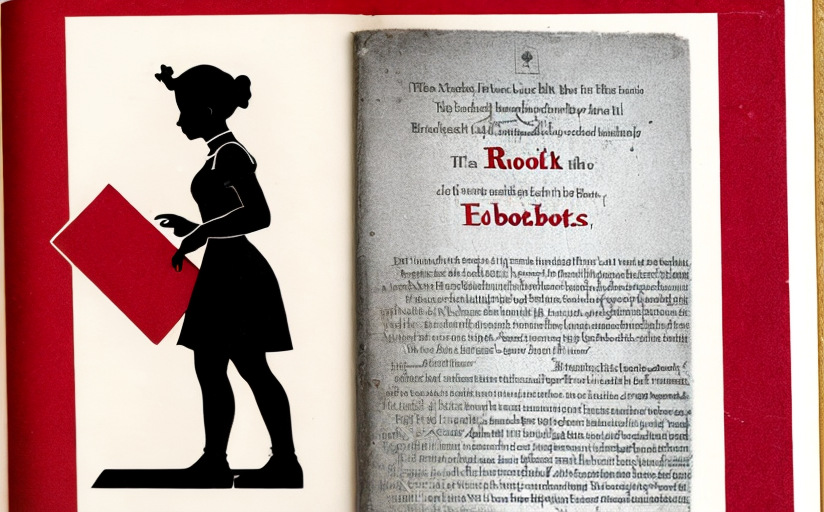Literature and Censorship: A Deep Dive Into Controversy and Impact
Censorship in literature is a global phenomenon, marked by intricate complexities and diverse implications. Literary censorship involves suppression or alteration of certain themes deemed as taboo, politically sensitive or culturally significant. This article will critically analyse the controversial issue of censorship and its far-reaching effects on literary development, creative freedom, and on authors and readers alike.
Representations of Taboo Themes, Politically Sensitive Topics and Culturally Significant Narratives
Literature often addresses taboo subjects, politically charged issues and cultural narratives to challenge prevailing norms and promote critical thinking. However, censors may suppress these representations due to perceived obscenity, political dissent or cultural insensitivity. The result is not merely an alteration of narratives, but a stifling of challenging and controversial dialogues that literature seeks to incite. For instance, books like 'Lolita' by Vladimir Nabokov and 'The Catcher in the Rye' by J.D. Salinger faced censorship due to their subversive themes, thereby sparking global debates about literary freedom.
Impact on the Development of Literature and Creative Freedom
Censorship invariably impacts the growth of literature and the creative freedom of authors. Writers are forced to self-censor or risk punitive measures, thereby limiting the spectrum of their creativity. This may lead to a loss or distortion of authentic narratives, depriving society of vibrant and diverse stories. For instance, in the Soviet era, Boris Pasternak's 'Dr. Zhivago' was famously censored for presenting a negative portrayal of life in USSR, betraying the inhibitions on creative freedom during oppressive regimes.
Reaction and Adaptation of Authors and Readers
When literature is censored, it often elicits strong reactions from both authors and readers. Some authors creatively bypass censorship through allegory and symbolism, thereby subtly conveying their messages. Conversely, the allure of forbidden literature can pique reader interest and increase the work’s popularity. Salman Rushdie's 'The Satanic Verses' is a prominent example whereby the imposed ban resulted in widespread uproar and subsequently boosted the book’s notoriety.
Censorship Across Regions
Different regions exhibit varying degrees of literary censorship. While oppressive regimes are notorious for draconian censorship laws, liberal democracies are not immune to such issues. In China, censorship is prevalent with works like '1984' by George Orwell being regularly suppressed. On the other hand, democratic nations like the US have also witnessed censorship attempts, particularly in school curriculums.
The Societal Implications of Censored Literature
Literature, being an integral part of society, inherently reflects much about its values and beliefs. Censorship attempts on literature can lead to a skewed representation of these societies, particularly marginalizing the voices of the oppressed and dissenters. Consequently, the resulting homogeneity can detrimentally affect the pluralist dynamics of society.
In conclusion, literary censorship is a potent issue with intricate societal connotations. A more nuanced dialogue is necessary, taking into account both the need for a broader creative scope for authors while being respectful of socio-cultural sensitivities.



















Comments
Leave a Comment